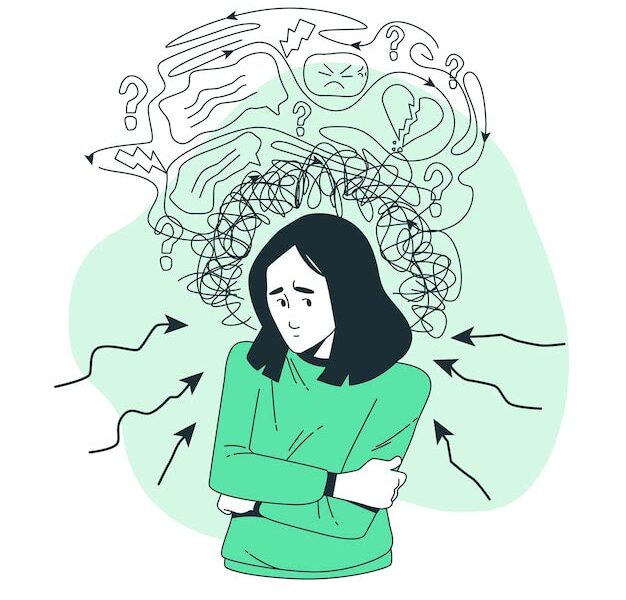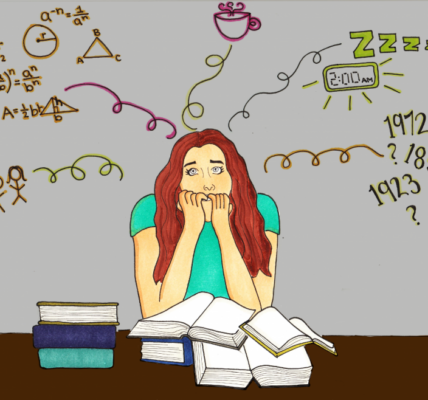Anxiety is one of the most common mental health challenges, affecting millions of people worldwide. While occasional worry is a natural part of life, chronic anxiety can be overwhelming and disruptive. The good news is that anxiety can be managed with practical strategies that help calm the mind, improve resilience, and restore a sense of control.
Anxiety is the body’s response to stress, uncertainty, or perceived threats. It triggers the fight-or-flight response, releasing stress hormones like cortisol and adrenaline. While this reaction can be helpful in dangerous situations, persistent anxiety can lead to excessive worry, restlessness, and even physical symptoms like headaches, rapid heartbeat, or digestive issues.
Fortunately, there are proven methods to reduce anxiety and regain a sense of balance.
Practice Deep Breathing Techniques
One of the simplest yet most powerful ways to calm anxiety is deep breathing. Techniques like box breathing (inhale for 4 seconds, hold for 4 seconds, exhale for 4 seconds, hold for 4 seconds) and diaphragmatic breathing activate the parasympathetic nervous system, reducing stress levels almost instantly.
Challenge Negative Thoughts
Anxiety often stems from irrational fears or worst-case scenarios. Practicing cognitive restructuring—identifying and questioning anxious thoughts—can help reframe your mindset. Ask yourself:
Is this thought based on facts or assumptions?
What’s the worst that could happen, and how likely is it?
What evidence do I have that contradicts this worry?
Engage in Regular Physical Activity
Exercise is a natural stress reliever. Activities like jogging, swimming, or yoga release endorphins, which help improve mood and reduce anxiety. Even a short walk in nature can work wonders for mental well-being.
Use Grounding Techniques
Grounding helps bring you back to the present moment. A popular method is the 5-4-3-2-1 technique, where you name:
5 things you can see
4 things you can touch
3 things you can hear
2 things you can smell
1 thing you can taste
Limit Stimulants and Alcohol
Caffeine, nicotine, and alcohol can trigger or worsen anxiety symptoms. Reducing intake of these substances can help maintain emotional stability.
Practice Mindfulness and Meditation
Mindfulness teaches you to stay present and observe your thoughts without judgment. Studies show that meditation can rewire the brain, making it less reactive to stress. Apps like Headspace or Calm offer guided meditations for beginners.
Maintain a Healthy Routine
A structured routine with regular sleep, nutritious meals, and scheduled relaxation can prevent anxiety from spiraling out of control. Avoid doomscrolling or excessive exposure to negative news, which can increase stress levels.
Seek Support
Talking to a trusted friend, family member, or therapist can help ease anxiety. Professional therapy (such as Cognitive Behavioral Therapy) or medication is sometimes necessary for long-term relief.
While anxiety can feel overwhelming, it doesn’t have to control your life. By adopting these strategies, you can gradually retrain your mind and body to respond to stress healthier. Consistency is key—small, daily changes can lead to lasting improvements in your mental well-being.






